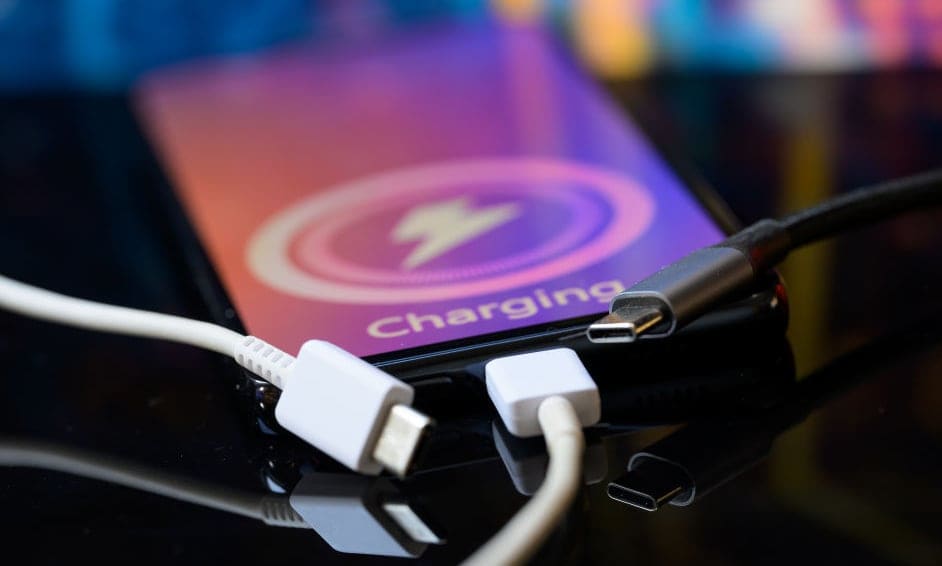The EU Mandates USB-C for All Portable Devices
Starting now, all small and medium portable electronic devices sold in the EU must feature USB-C compatibility. This rule applies to smartphones, tablets, cameras, headphones, and video game consoles under 100 watts. However, laptops are exempt until April 28, 2026.
Why the EU Chose USB-C
In October 2022, the European Parliament decided USB-C would become the universal standard for charging and data transfer. The regulation aims to simplify charging for consumers and reduce electronic waste. Manufacturers were given two years to comply, and the rule officially began in late 2024.
Apple’s Response to the USB-C Regulation
Apple initially resisted the EU’s decision, citing concerns over stifled innovation. The company argued standardization could harm consumers and the economy. Despite their efforts, Apple ultimately complied. In 2023, Apple launched the iPhone 15 lineup with USB-C, marking a significant shift from its proprietary Lightning ports.
Recent Changes in Apple’s Product Lineup
Earlier this month, Apple removed older models, such as the iPhone 14 and iPhone SE (third generation), from its EU store to align with the regulation. Over the years, Apple has gradually adopted USB-C, starting with MacBooks nearly a decade ago and expanding to iPads in 2018. The latest M4 iMacs now feature USB-C-charging accessories, including keyboards and mice.
Global Adoption of USB-C Standards
The EU’s initiative has inspired other regions to follow suit. In April 2023, California announced a USB-C mandate for all mobile phones and small electronics sold after January 1, 2026. India plans to implement similar rules starting in June 2025.
What This Means for Consumers
Consumers can now use a single USB-C charger for most portable devices, reducing clutter and making travel easier. This universal standard also benefits the environment by cutting down on redundant chargers and cables.
Conclusion
The EU’s USB-C regulation marks a significant step toward standardization and sustainability. As more markets adopt similar rules, USB-C is set to become the global standard for portable electronics.

